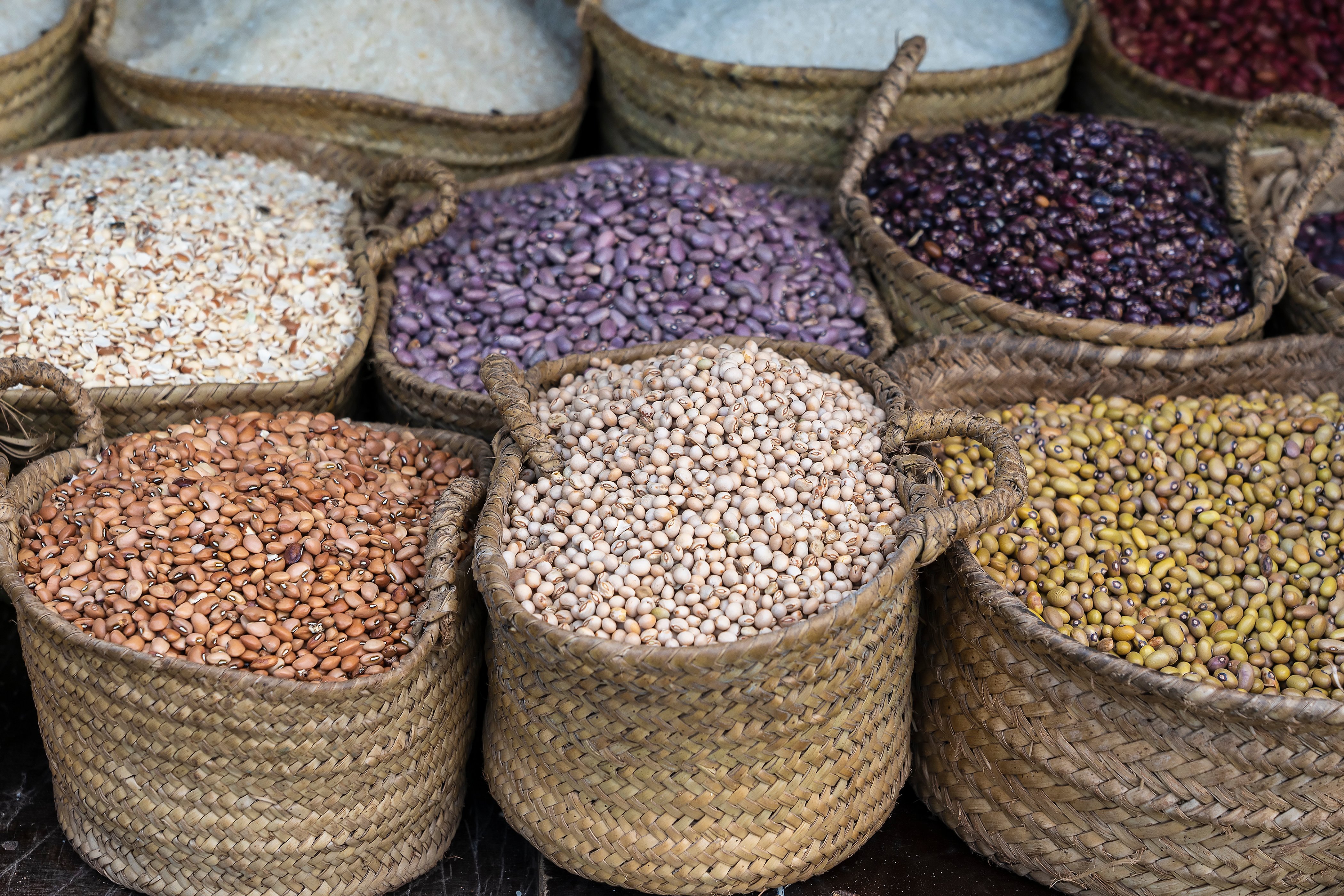African countries must improve their transnational transport infrastructure or risk remaining vulnerable to shocks in global food supply chains, warned experts at the International Food Policy Research Institute (IFPRI) following the release of the US Department of Agriculture’s (USDA) monthly World Agricultural Supply and Demand Estimates.
Structural issues remain
Africa’s food security has been subject to intense scrutiny in the six months since Russia’s invasion of Ukraine began. While the direct impact of shortages, caused by the closure of Ukraine’s Black Sea ports, has been mitigated by substituting its grain for imports from other large southern hemisphere producers including Argentina, Brazil, Australia and India, the indirect effects of disruptions to agricultural supply chains have been far reaching.
“The greatest problem facing African farmers is not that they are too connected to global supply chains, but that their connections to those supply chains are not developed enough”, said IFPRI senior research fellow David Laborde at a press briefing on 13 September.
Global increases in grain prices have not been passed onto farmers in sub-Saharan Africa, who predominantly sell their output to domestic or regional markets.
Meanwhile, input costs have soared, with steep inclines in the price of fuel and fertilisers combining to jeopardise farmers’ profitability. Almost 40% of the world’s potash originates in Russia and Belarus; the USDA’s latest report demonstrates that a 30% rise in fertiliser prices during the first three months of the war had a greater effect on rural poverty in Africa than any other continent.
Fertiliser self-sufficiency is unrealistic, expert warns
Developing a degree of self-sufficiency in African fertiliser production represents one potential route forward. In recent years, foundations have been laid to this end: phosphate rock reserves stretching from Morocco to Tunisia account for over 70% of total global supply, while the Dangote Group’s new urea fertiliser plant, opened in Lagos in March, is the world’s second largest of its kind.
IFPRI panellists, though, questioned Africa’s ability to be self-sufficient in fertiliser production: “Africa will still have a deficit in potash as the main mines are in Eritrea, and these reserves will not cover the total needs of the continent as certain crops like banana and plantain require high levels of potash”, Laborde warned.
“Africa will need to become better connected with the rest of the world to get all of the nutrients that it needs, but obviously there is a lot of opportunity to process natural gas into fertiliser on the continent.”
Even if fertiliser prices subside in the near future, prohibitive barriers to cross-border trade will prevent Africa from satisfying its own rapidly growing demand for fertiliser in the short-to-mid term. Labyrinthine customs regulations, poor road infrastructure and the frequent absence of rail connections between ports and inland agricultural centres mean that African fertiliser products are more likely to be sold to international markets than to geographical neighbours.
AfCFTA will streamline trade but logistical networks must be improved
The inauguration of the African Continental Free Trade Area (AfCFTA) promises to synchronise regulatory standards and diminish the bureaucratic costs associated with intracontinental agricultural supply chains, but extensive trade between leading fertiliser producers and regional markets will remain illusory unless logistical costs are significantly reduced.
Panellist Joe Glauber, senior research associate at IFPRI, said that AfCFTA “will be very important in bringing down some of those external tariffs and barriers to trade. The real key, though, is reducing transaction costs in terms of moving grain from inland markets to export markets and vice versa.”
Laborde added: “For countries like Nigeria, it still makes sense to export their fertiliser to countries like Brazil, which have a big market ready to pay. In many cases it will be cheaper to export fertiliser from Nigeria to Brazil than from Nigeria to Ethiopia. Improving Africa’s connectivity will be key in the coming years to make AfCFTA a reality.”
Rather than eschewing deals with foreign purchasers, it was suggested that African countries should adopt a double-pronged strategy. Firstly, improving transport links which connect rural communities to key overseas trade corridors in Mombasa, Dar es Salaam, Beira, Abidjan-Dakar, Djibouti, Togo, Benin, Durban, and Walvis Bay will prevent the effect of external shocks from being amplified by high localised logistical costs.
Secondly, panellists called for resilient supply chains to be supplemented by more localised and decentralised fertiliser production which, if fuelled by renewable energy sources, could pave the way for a greener transition to food security on the continent.
Want to continue reading? Subscribe today.
You've read all your free articles for this month! Subscribe now to enjoy full access to our content.
Digital Monthly
£8.00 / month
Receive full unlimited access to our articles, opinions, podcasts and more.
Digital Yearly
£70.00 / year
Our best value offer - save £26 and gain access to all of our digital content for an entire year!
 Sign in with Google
Sign in with Google 



